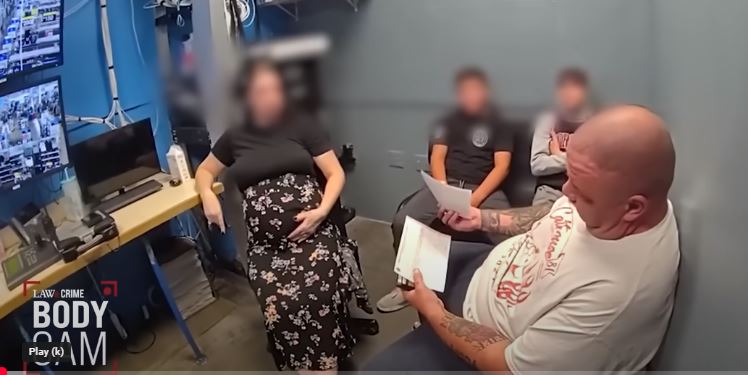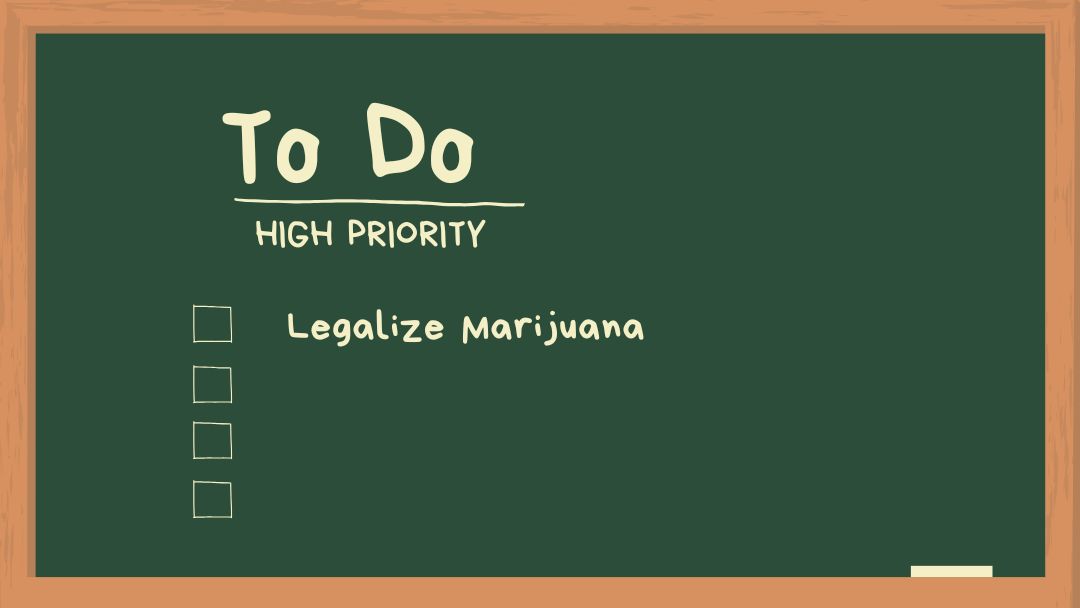Involuntary Manslaughter Charges and Penalties in Michigan
Here’s things you should to know
What is Involuntary Manslaughter in Michigan?
Involuntary manslaughter differs from murder in that it lacks intent to kill.
In Michigan, it is somewhat defined as the killing of another person through:
- Recklessness: This involves acting with a conscious disregard for a substantial and unjustifiable risk that the act will cause death or serious physical harm.
- Gross negligence: This refers to a failure to use even the slightest care that a reasonable person would use in similar circumstances.
- Commission of a misdemeanor: This means unintentionally causing death while committing another crime, even a minor one.
Involuntary manslaughter distinguishes itself from voluntary manslaughter based on the intent of the alleged offender.
The broad differentiating factor lies in whether the accused intended to cause severe physical harm to the victim, as seen in cases of voluntary manslaughter.
Conversely, in cases of involuntary manslaughter, the accused is alleged to have caused the victim’s death without malice or intent.
A conviction of voluntary manslaughter can arise when the accused did not have the intention to cause serious bodily harm to the victim but exhibited a significant lack of care in their behavior towards the victim’s safety.
The determining factor between these two homicide offenses is typically the presence of intent.
What are the penalties?
- Up to 15 years in prison: The exact sentence depends on the specific circumstances of the case, including the severity of the recklessness or negligence and the presence of aggravating factors.
- Fine of up to $7,500: This financial penalty adds to the significant burden faced by those convicted.
Charged with Homicide, Second Degree Murder, Manslaughter?
Call our office to see if we can help
Komorn Law 248-357-2550
Additional Consequences:
Beyond the legal penalties, a conviction for involuntary manslaughter can have lasting consequences, including:
- Loss of employment or professional licenses: Many professions have strict ethical codes that may prohibit employing individuals with criminal records.
- Difficulty obtaining housing or loans: Background checks often reveal criminal convictions, making it harder to secure housing or loans.
- Social stigma: The emotional and social impact of a conviction can be significant, leading to isolation and judgment.

Related Articles
Other Bodily Fluid House Hearing – HB-4391- Update 5-22-25
Michigan House HearingHB-4391 Saliva Test Update 5-22-25Watch the hearing or read the summary.Click here or image below to see videoFYI: Marijuana although voted to be legalized is still classified as a controlled substance in the State of Michigan and Federally. More...
Criminal Law FAQs – Marijuana Offenses
Michigan Criminal Laws FAQs Marijuana OffensesFAQ 1: Is recreational marijuana legal in Michigan? Answer: Yes, recreational marijuana is legal for adults 21 and over in Michigan. However, there are restrictions on possession, use in public places, and driving under...
Criminal Law FAQs – Operating While Intoxicated (DUI – OWI)
Michigan Criminal Laws FAQs Drunk Driving (Operating While Intoxicated - OWI)FAQ 1: What is the legal blood alcohol content (BAC) limit in Michigan? Answer: In Michigan, the legal BAC limit for operating a vehicle is 0.08% for individuals 21 years of age or older. For...
Criminal Sexual Conduct (CSC) – Michigan
Criminal Sexual Conduct (CSC) in Michigan: Definitions, Penalties, and Legal References.Criminal Sexual Conduct (CSC) is a set of laws in Michigan that define and penalize various forms of sexual offenses. These laws are categorized into four degrees, with each degree...
More Posts

When Can Police Take Your Dash Cam?
You work hard. Now get ready to work harder to prepare to give more.In Michigan, police can take your dashcam footage in specific situations, primarily when they believe it could serve as evidence in a criminal investigation. Michigan law permits officers to seize...

People who are going to need a Lawyer – November 12, 2024
People who are going to need a LawyerMan so drunk field sobriety tests were ‘too dangerous’ sentenced to life in prison for repeated DWI convictions‘Several terabytes’: Diddy prosecutors shed light on ‘voluminous’ discovery, including iCloud accounts and dozens of...

Cambridge Analytica data breach comes before court
Oral arguments in Facebook v. Amalgamated Bank will beginThe justices are set to review securities law as they hear arguments in a significant case linked to the 2015 data breach involving Cambridge Analytica and Facebook. The tech giant’s effort to fend off federal...

Search and Seizure – Consent or Plain view
The Fourth Amendment was established to protect individuals from unreasonable searches and seizures, yet there are exceptions.In Michigan, understanding the concepts of search and seizure, particularly regarding consent and plain view, is crucial for both law...

A drunk driving investigation, a car wreck and a blood draw
A Case Summary: People v. Blake Anthony-William BartonOn October 11, 2024, the Michigan Court of Appeals issued a decision in the case People of the State of Michigan v. Blake Anthony-William Barton. The case involved a drunk driving investigation following a car...

Police say they can tell if you are too high to drive
Police say they can tell if you are too high to drive. Critics call it ‘utter nonsense’Haley Butler-Moore sped up to pass a semi on the highway when she suddenly saw the police lights. She’d left Albuquerque hours earlier, heading to a Halloween party in Denver. Tired...

Cannabis – The Rise and Fall and Trail of Survivors Pile Up
Thieves make off with 1,000 pounds of premium flower in cannabis from a corporate grower in Michigan. Then, the GM sells off 650+ pounds to pay employees.The recent theft of over 1,000 pounds of marijuana from 305 Farms, a corporate cannabis grower in West Michigan,...

If you have an LLC you must comply or face fines and possible prison
You work hard. Now get ready to work harder to prepare to give more.If you own or are a member of an LLC.You have a deadline of January 1, 2025Call us we can take care of it for you. 248-357-2550The new Beneficial Ownership Reporting requirements for LLCs and other...

Compounding Charges Laws in Michigan
Understanding Compounding Charges Laws in Michigan Compounding charges refer to the illegal act of accepting or agreeing to accept a benefit in exchange for not prosecuting a crime. In Michigan, this is considered a serious offense, and the law specifically prohibits...

Harris unveils new proposals targeting black men with cannabis legalization
"Harris unveils new proposals targeting Black men as she looks to shore up Democratic coalition" CNNAmid the ongoing national issues, Vice President Kamala Harris introduced new initiatives on Monday aimed at addressing the needs of Black men as she works to bolster...















